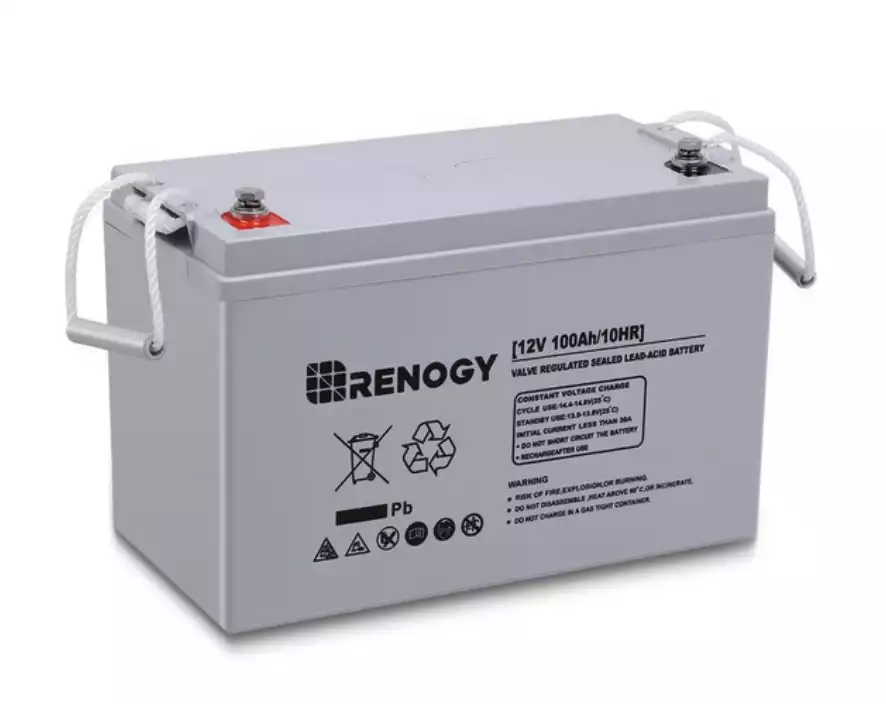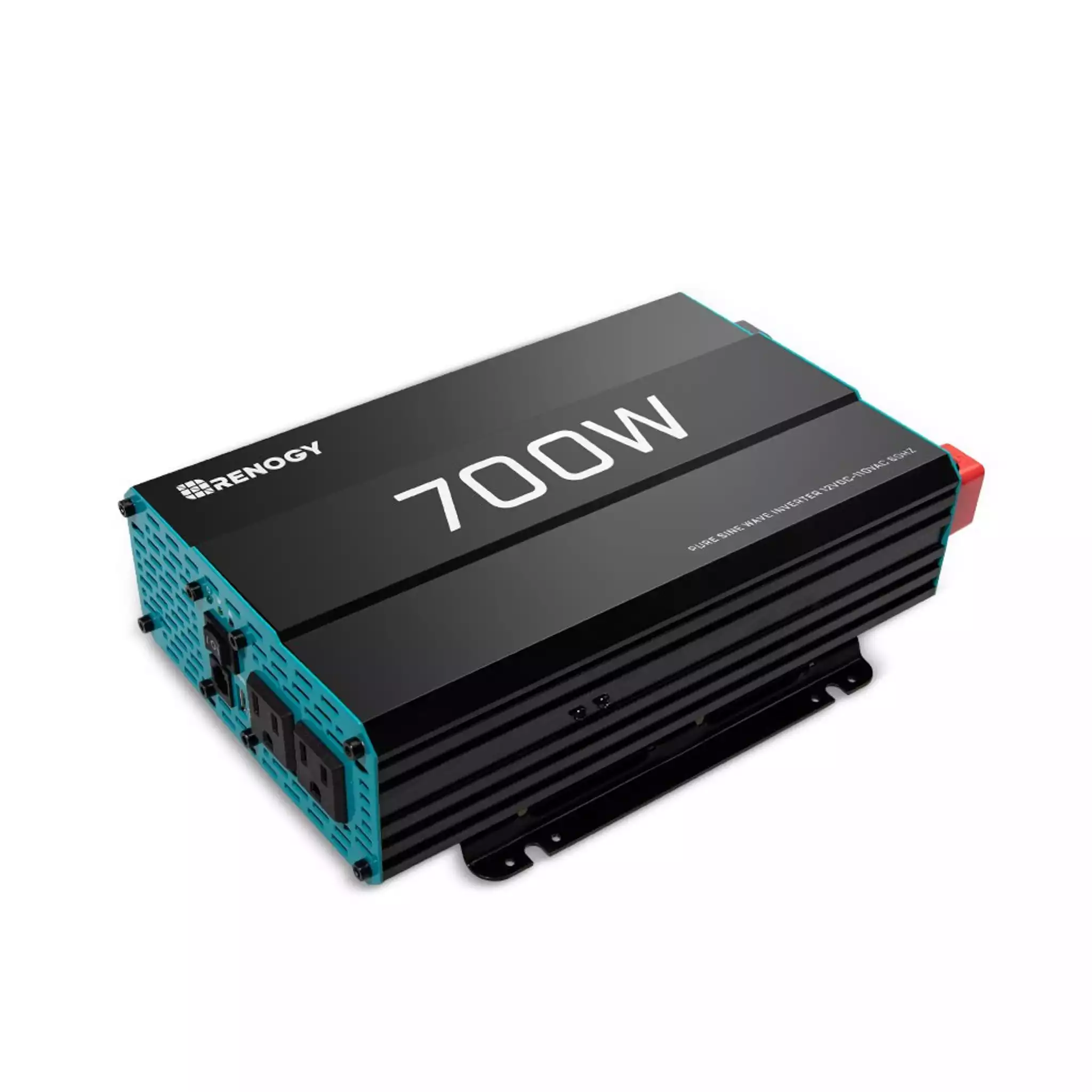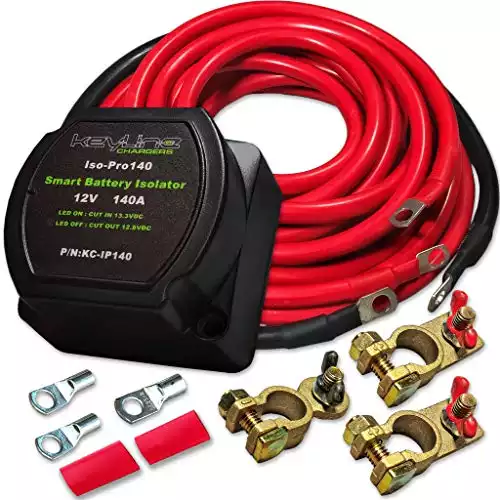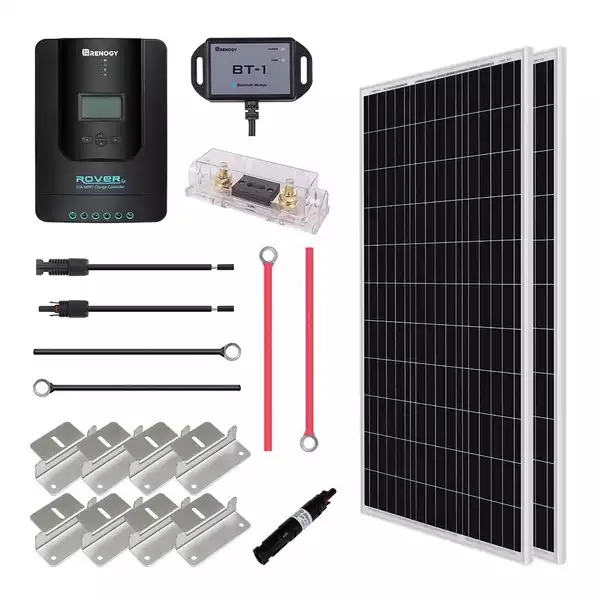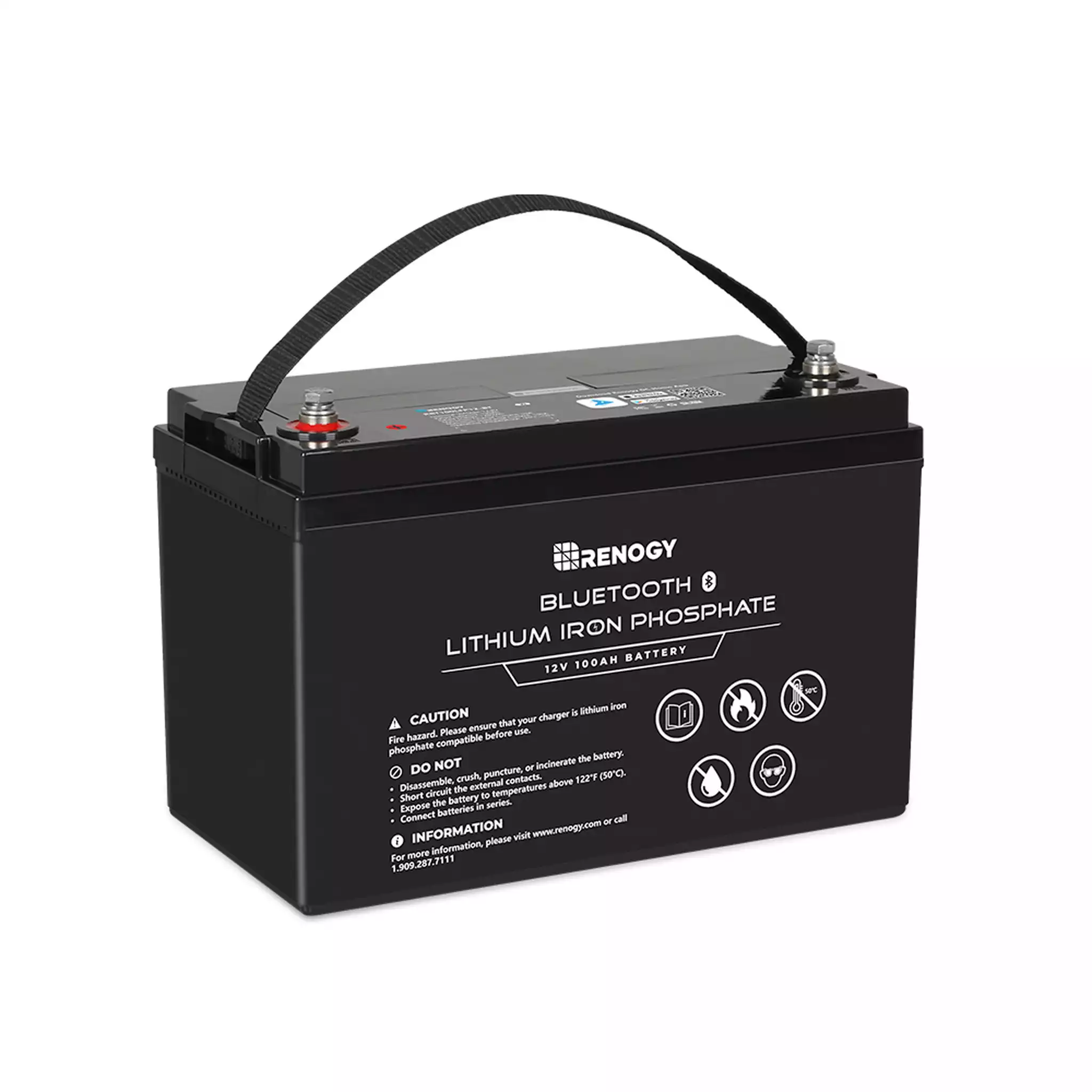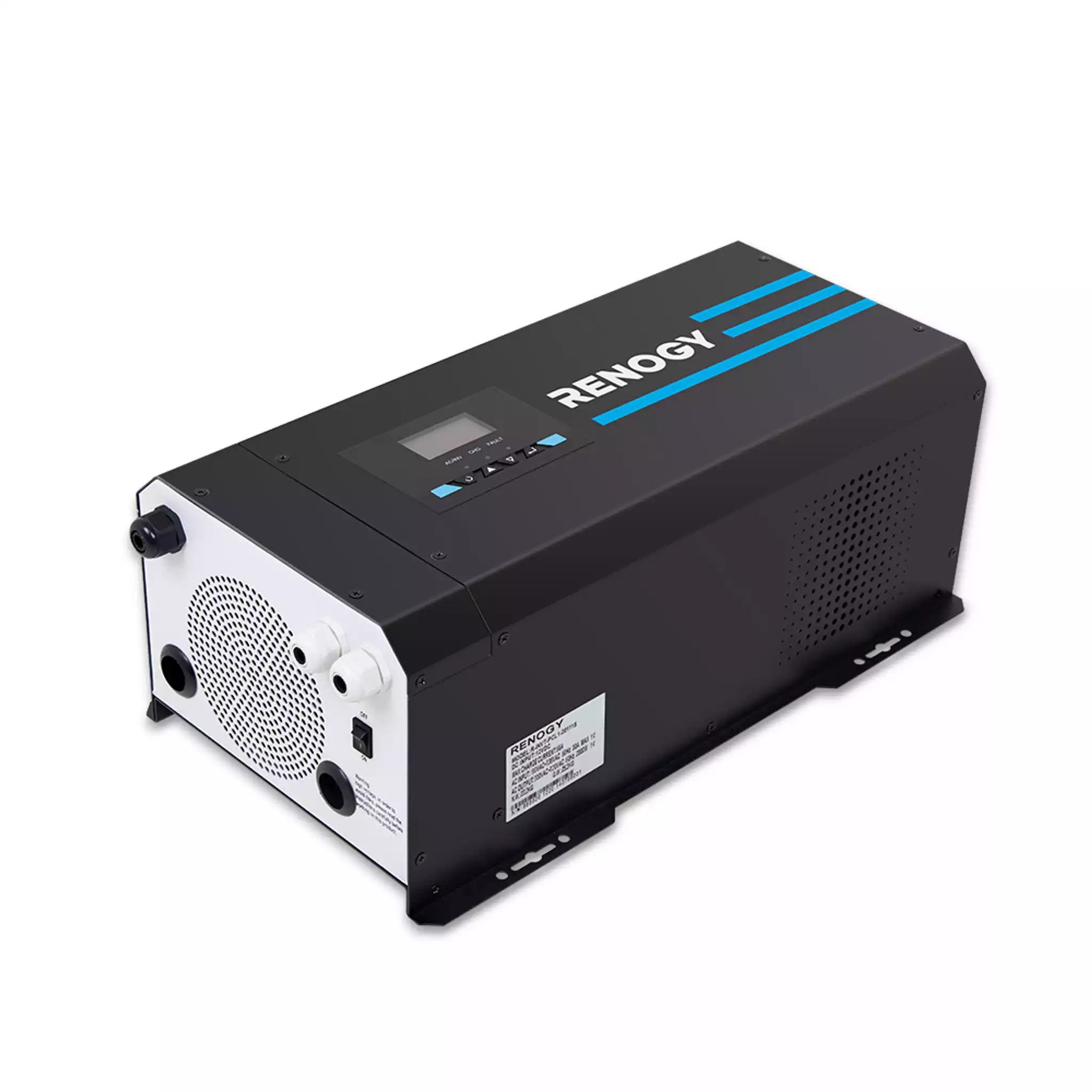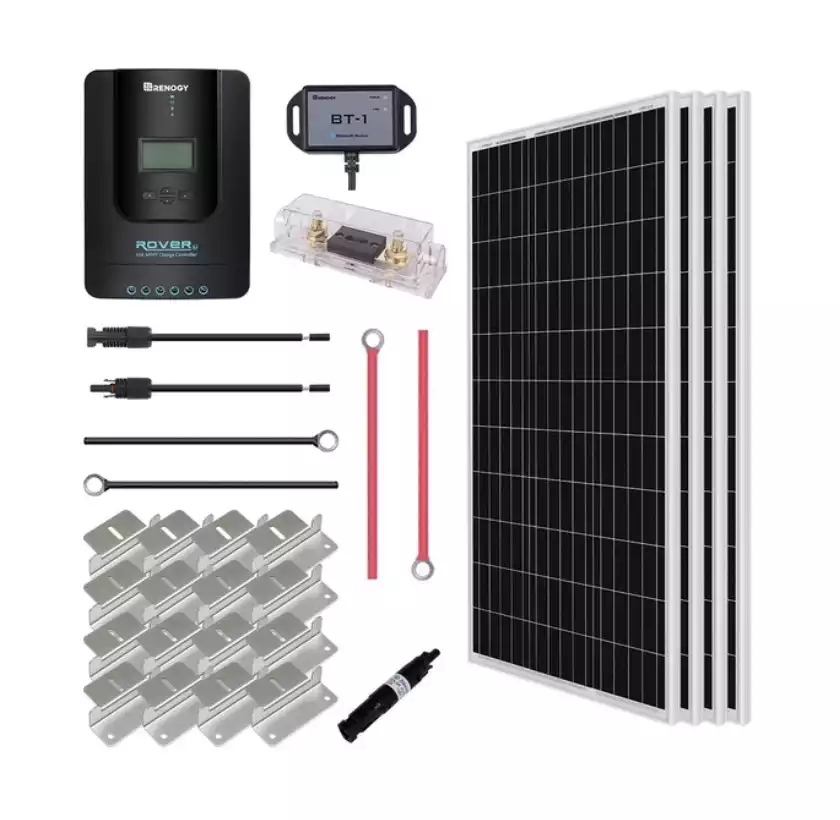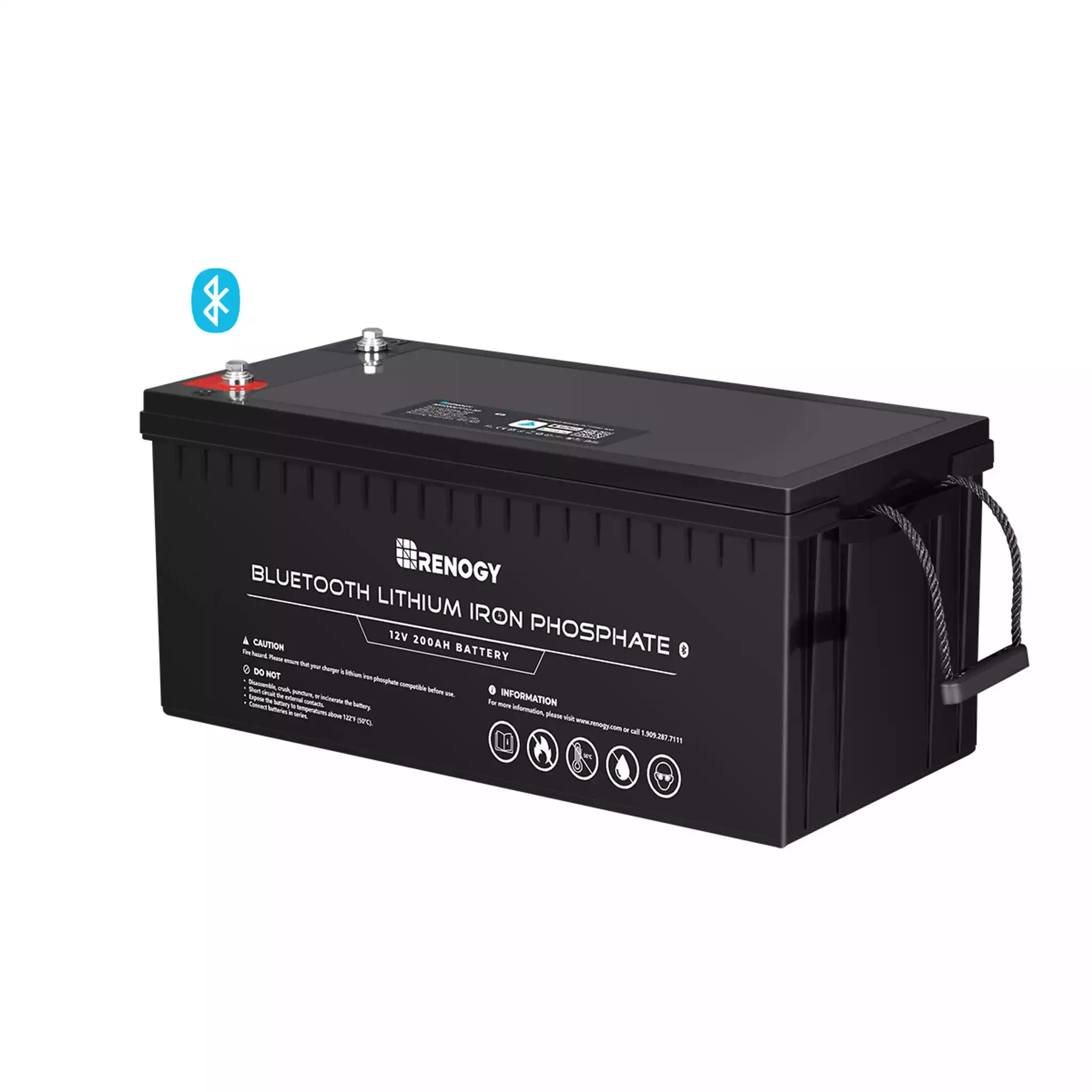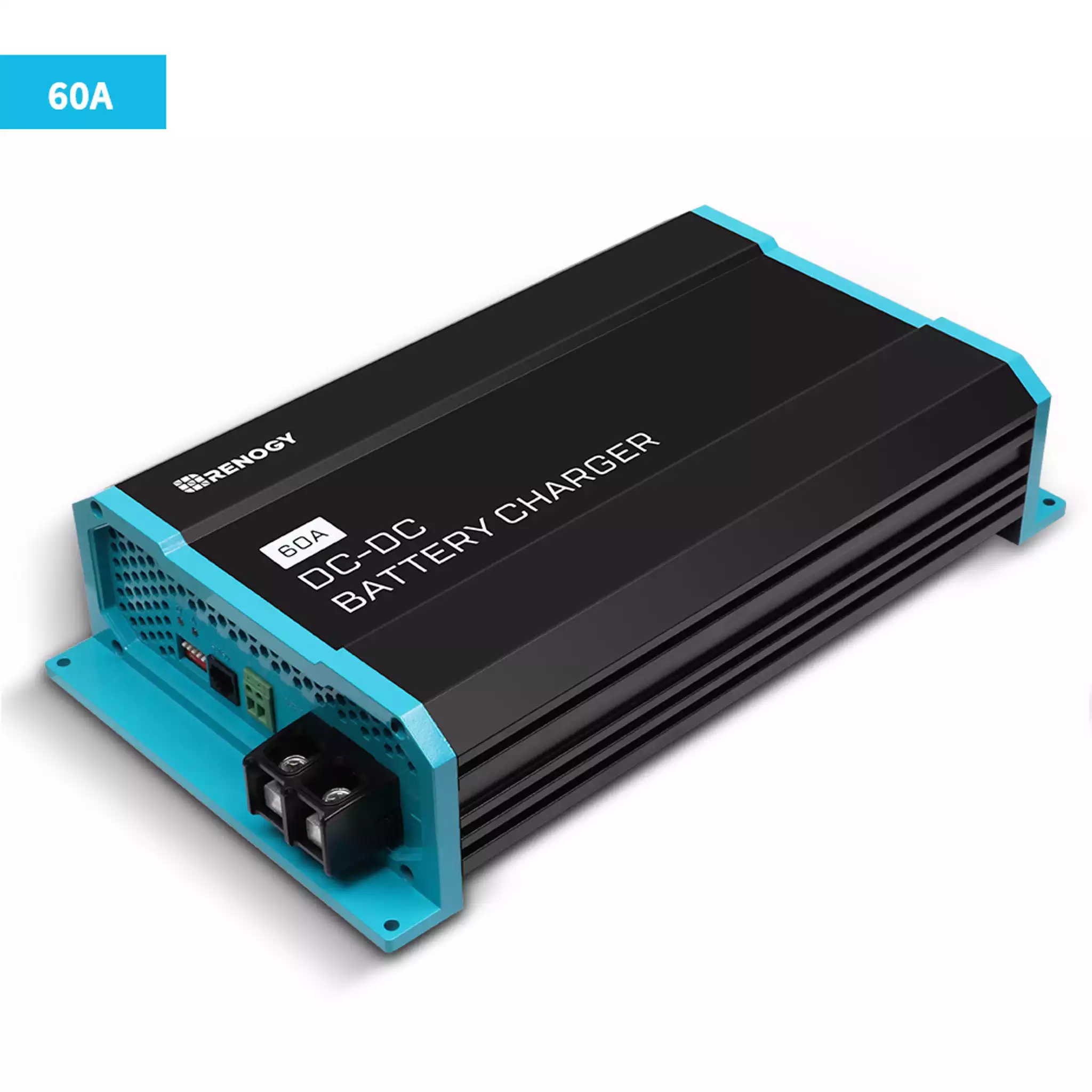Hi-van is supported by its audience. When you purchase using our links, we may earn an affiliate commission (no added cost to you). Learn more
Do you live on the road or travel regularly in your van? It’s normal for you to look for ways to improve the energy efficiency of your van and also keep overall costs down. Installing solar panels on the van is usually the first solution that comes to mind, but is it a good idea, and how much does it cost?
The cost of putting solar panels on a van is dependent on your unique energy needs and the size of the system needed to fully satisfy them. The higher your energy needs in a van, the higher the costs. Simple setups can cost as low as $500, while more elaborate systems can cost as high as $4000.
The rest of the article will look at the benefits of putting solar panels on your van and the cost of the installation.
We’ll give you an example of solar installation for each budget ranging from an investment of $400 all the way up to $2500 and more.
You’ll also see if such an investment is a wise decision for someone in your position.
Why Install Solar Panels on a Van?
It Is Clean Energy
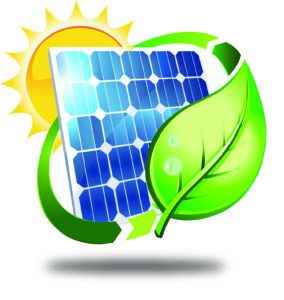
A solar energy setup on your van gives you a clean, reliable, and affordable solution for powering your gadgets and appliances while out in your van. With the system, your van will be more comfortable as you won’t need to find a power source to hook up to for basic electrical needs.
You Won’t Drain Your Van’s Batteries
Some people rely on the batteries in their van as a power source for appliances and gadgets. This can be costly as van batteries used like this will wear out faster.
There’s also the danger of being stranded when the battery fails to power your van for a drive. Instead of drawing power from your van batteries, the solar panels and overall system ensures you have backup power when your van’s batteries fail.
You Can Save Money on Gas and Enjoy Noise-Free Camping
Camper or recreational van owners without solar panels installed often have to rely on using generators for their electricity needs where the van batteries won’t suffice. This means spending extra money on gas and having to deal with the noise disrupting the tranquility of your camping site.
You’ll also harm the immediate ecosystem further with the carbon emissions. The right solar system setup gets rid of these problems.
You’ll Have More Freedom
If you use your van for camping without
It Is Low-Maintenance
Solar panels are generally low maintenance. As long as you can climb on the roof of the van to clean the panels, that’s all the maintenance you need to do.
Related Articles: - How many solar panels do I need for my van? - A guide to the best batteries for on the go solar - Are Portable Solar Panels Waterproof?
What Is the Cost of Solar Panels on a Van?
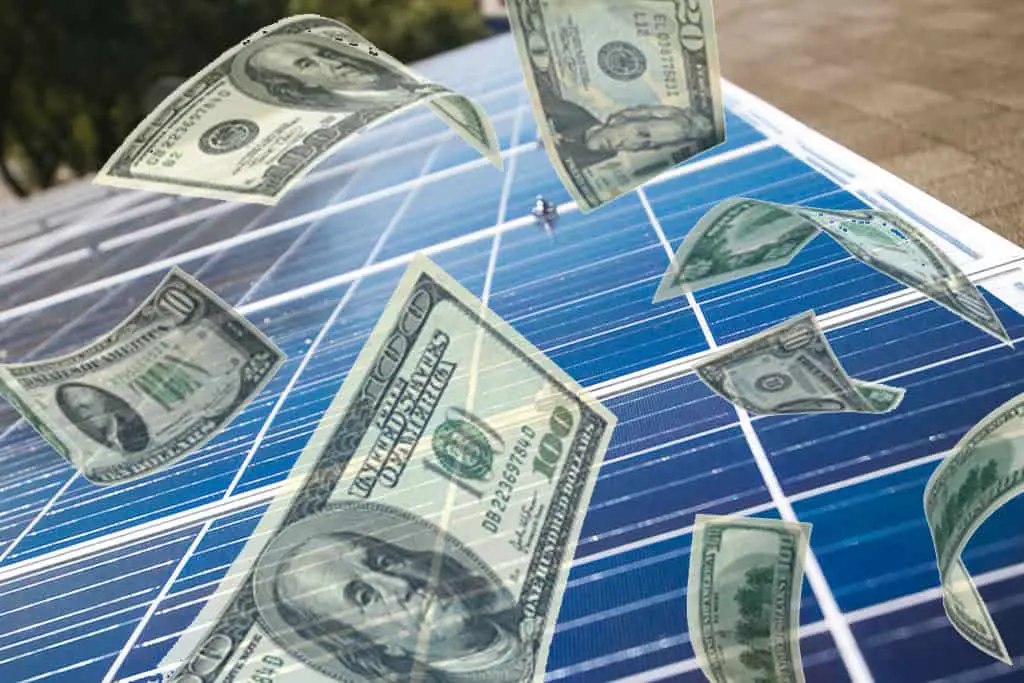
Many factors come together to determine the size of the system and its cost. In general, however, you can expect to spend between $500 and $2500 to fit solar panels that will meet your energy needs in a van.
If you have very little energy needs in the van, the cost of the installation will be nearer to the lower band. If your van is basically a mobile home with lots of appliances, you’ll pay the higher end fees.
The costs can go up to $4000 or more if you need more panels or batteries than is typically used for an average installation. The installation cost covers the labor, price of batteries, solar panels, charge controllers, and in some cases, inverters.
To better understand how much power you need for your solar system, I recommend you check the Solar Calculator by Renogy.
Thanks to their calculator, Renogy offers us an easy way to estimate our power needs. You simply need to fill in a few numbers and you are good to go.
Budget-Based Solar System Kits
Who Should Install Solar Panels on Their Vans?
There are three types of van owners: the full-timers, weekenders, and the “boondockers”. The full-timers include everyone that practically lives in their van and those that use the van for their day to day business. Such people typically stay in campgrounds and parks where the fees cover electricity. Therefore, they won’t have any needs for full solar installations.
However, you still have people living full-time in their van who spend the majority of their time in the wild in the middle of nowhere. This type of people will heavily rely on solar and will tend to have a higher budget installation.
The “boondockers” are regularly camping or driving out to places without electricity for extended periods at a time. This is the group that needs
The weekenders only use their vans for short periods, leaving it in the garage most of the time. If you are in this group, you’ll probably only need an entry-level solar installation as you’ll need a decade or more to recoup the money you’ll spend on a high-powered installation.
So, you’ll get the most value for money if you are constantly using your van and always headed out to places where there’s little or no chance of hooking up to the electricity grid.
How Much Solar Energy Will You Get?
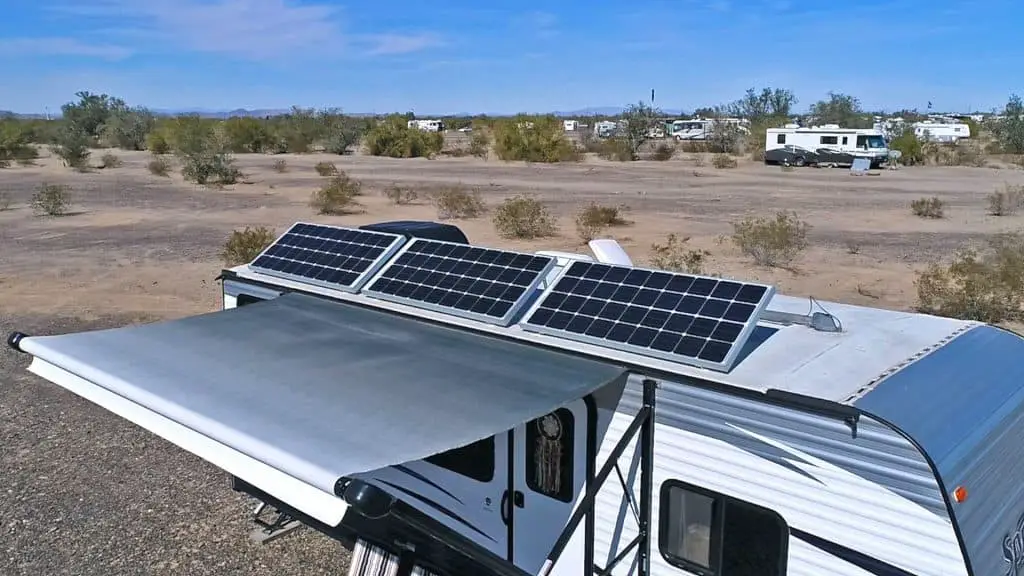
In Theory: If you install a 400-watt system, you can expect around 2,000 watts of energy on paper after the system gathers sunlight for five hours.
However, you can’t be sure of five hours of decent sunlight every day, and most solar installations are not 100% efficient. Still, with such a system installed, you can get by as a “boondocker” or weekender.
To be absolutely sure of meeting your energy needs, however, you should consider an 800-watt system, which will require an extra four panels and two more batteries. This will give you over 4,000 watts of energy with five hours of sunlight, which will be enough to run all the appliances in a typical “boondocker” van. The difference between a 400-watt system and an 800-watt one will be around $1000.
To know how much solar you need, you should first make a list of the appliances and devices you intend to run. The most energy-consuming appliances are your laptop, TV, microwave, fans, and refrigerator.
The refrigerator has to be solar-friendly, or it will use up the energy pretty quickly. The same applies if you intend to use an air conditioner. Portable AC brands like Mikkin or NTMY will conserve solar energy better than typical window units.
In fact, window units may never work quite well, even for a high-end van installation. Talk to a solar energy consultant to get a better estimate of just how much solar energy you should budget for.
Related Guides: How do solar panels work on a van? (an in depth look)
How Soon Can You Recoup the Cost of Installing Solar Panels on Your Van?
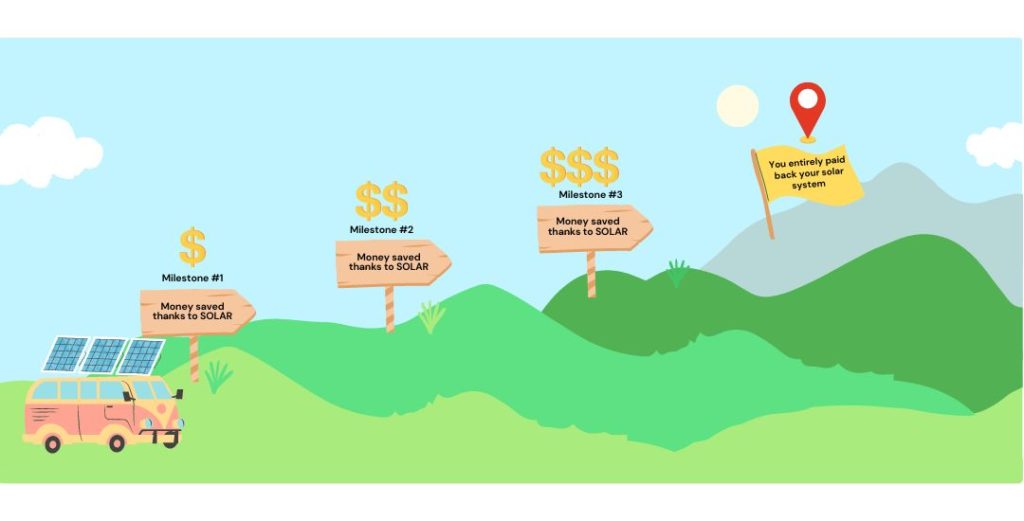
To work out how quickly you can recoup your investment in
If you buy gas at $2.25 per gallon, and your generator burns half a gallon every thirty minutes, you’ll spend $5 if it runs four hours per day. With this calculation, you’ll recoup your $3900 investment in a solar system in around two years, assuming you use the generator every day.
If the solar installation helps you avoid campground or parking fees—which can be up to $40 per night—you’ll break even a lot faster than two years.
The calculations above also show why it is not a good idea to spend a lot on
Conclusion
The cost of installing solar panels on a van will vary from one person to another. However, it is an investment that you shouldn’t take on lightly as it could take up to a couple of years to break even on it. The break-even time can be as long as a decade if you install the panels on a van that is rarely in use.
Carefully analyze your energy needs inside the van before you make a decision. When you’ve decided to proceed with your installation, you can either call in professionals to do the job or order panels and complete the installation on your own if you know-how. Here’s a video to guide you if you want to go the DIY route:


